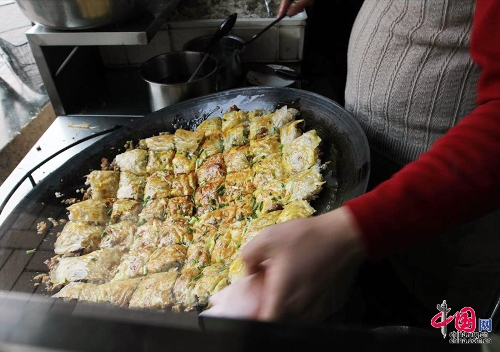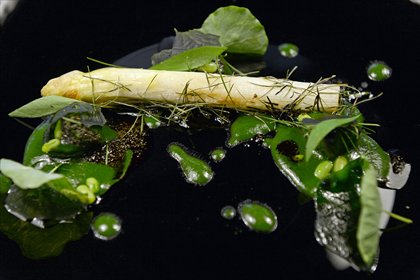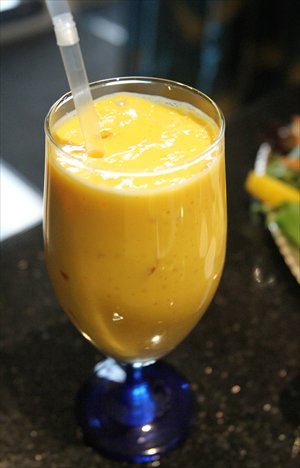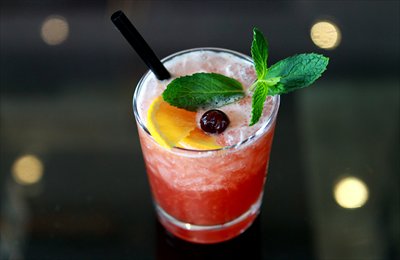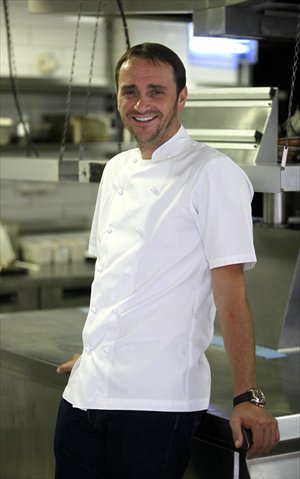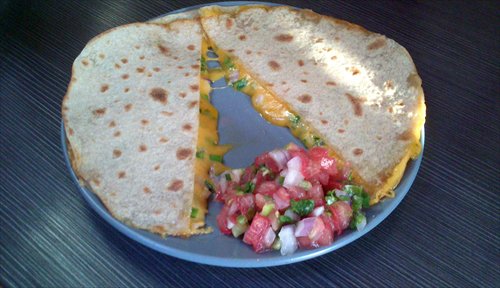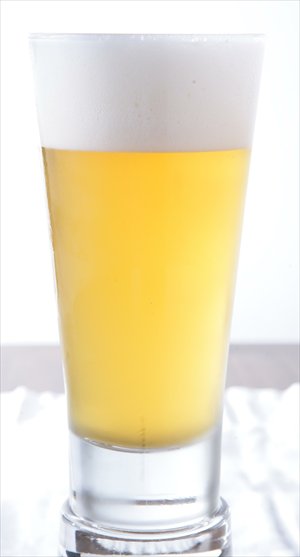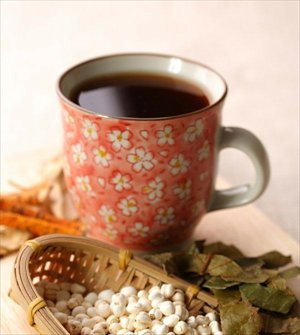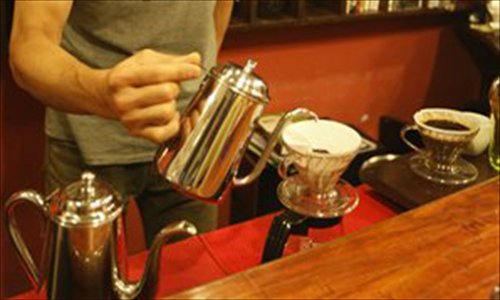A Bite of China: Wuhan snacks
Hubu Alley is the best-known food street in Wuhan. If you want to try all kinds of local snacks in one stop, this is the place.
Stories served up on a platter
Most people don't know there is a brief moment every year when hungry pike hunt the tiny, unsuspecting ducklings bobbing on the rivers and lakes of Poland.
Tang dynasty
For those with a craving for refreshingly tart fermented dairy, the ubiquitous yogurts found in Shanghai supermarkets and convenience stores just might not do – not only are they often too watery, but they are packed with sweeteners and additives.
Mix it up
As summer winds down, weeks of summertime bar-hopping, indulging in some of the tastiest and fanciest drinks around town, may have left your pockets feeling a little light. But that doesn't mean you should give up on the very best liquid treats of the season, nor does it mean that you ought to forgo the most refreshing drinks of the year.
Chef No. 1
Jason Atherton talks Michelin stars, culinary influences and his Shanghai ventures
Craving Mexican?
In China's biggest cities, myriad restaurants serve up many types of international cuisine. And while American food is very popular in China, a typical American restaurant will often include dishes with Mexican influences such as nachos, tacos and chili con carne. But apart from this, Mexican food is somewhat underrepresented in China, that is, considering its strong presence in American food.
Expat Expenses
At the end of 2012 there was estimated to be over 173,000 expats living in Shanghai, a 6.7 percent rise since 2011. As Shanghai grows both in popularity and size, what effect does this have on the expat population? A recent study by Mercer, a human resources consulting firm, shows that Shanghai is now the second most expensive city in China for expats, after Hong Kong, and has a global ranking of 14th for expats, up two places from last year. Luanda, capital of Angola, is the most expensive.
Get swea-tea
Nick Cai has been living in Shanghai for over three years. Every summer the Guangdong native receives a package of liangcha (medicinal herbal tea) ingredients from his hometown. Drinking liangcha is a time-honored custom for people in South China, especially Hong Kong, Guangdong Province and Guangxi Zhuang Autonomous Region, as it is believed to help counter the heat and humidity of summer. Indeed, although liangcha can be consumed hot or cold, it literally means “cooling tea” because of its purported ability to cool the body down.
Fresh brews
The abundance of cafés in Shanghai contributes to the city’s relaxed, cosmopolitan atmosphere. While you’re never too far from a Starbucks or a Costa, an increasing number of independent coffee shops have been springing up around town, roasting their own beans in carefully selected batches and helping to cultivate a growing interest in quality coffee.
Tea: a symbol of friendship between China and Nepal
In one popular Chinese legend dating back to more than 2 millennia BC Shennong, the celebrated Emperor of China, was drinking a bowl of boiled water honoring his own decree that his subjects must boil water before drinking it, when a few leaves were blown into his cup from a nearby tree, changing the color of the water. The emperor took a sip of the brew and was pleasantly surprised by its flavor, and with prolonged observation, by its restorative properties.
